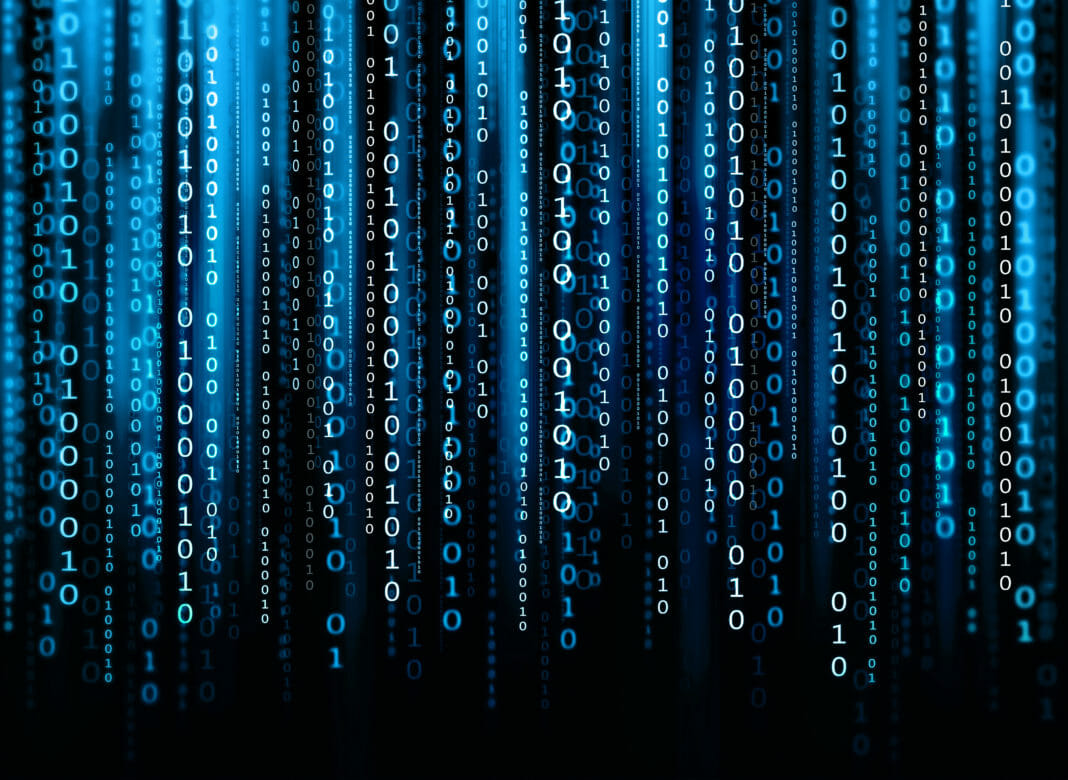A data system for organ donors is one of the proposals that the region seeks to implement
The Government of Catalonia recently approved a plan to incorporate blockchain technology in public administration. A total of seven public services could operate in that region, in the near future, according to local media.
The project is called “Blockchain Strategy” and consists of seven proposals to develop citizen participation networks and public services based on blockchain technology.
This plan was suggested during the second half of last year, after the Government of Catalonia approved the implementation of blockchain technology in its administrative processes in order to improve efficiency and innovation.
Up to now, the Catalan authority does not specify what types of blockchains (public or private) it will use to develop these public services. Due to this, it is still unknown if these networks will work with public blockchains such as Bitcoin or Ethereum, or rather with private blockchains governed by the State.
Digital Identity, Communications, and Waste Collection
One of the blockchain developments that will take place in Catalonia is an identification system where all the data of the residents can be verified in a blockchain platform. This proposal will generate a digital identity for all citizens of that region.
One of the main advantages of this strategy is that it contemplates the development of a digital consent registry, which will allow citizens to access the provision of a public good or service. The creation of a channel of communication between the Parliament and the Generalitat is another proposal of the authority.
Blockchain technology will also be used to improve recycling processes. It is expected to certify garbage and toxic waste. With this, the government seeks to monitor the mobilization of waste and plans to execute a system to manage waste throughout the territory.
Organ Donation and Electricity Commercialization
Hospitals and healthcare centers in Catalonia will enjoy two different services based on Distributed Ledger Technology (DLT). The first one is a data system for organ donors, which will record biological indicators on a blockchain system that different hospitals will share. The second one will allow users to share their medical record with a third party.
These developments for the health area, mostly in the case of the data system for organ donors, would help hospitals to have access to this vital information in a safe manner, in order to know where a patient needs an organ and in which hospital could be located a donor.
Another important blockchain plan that the Government of Catalonia prepares is the commercialization of electricity among citizens. Last year, authorities in the region announced that they would work with the Ethereum blockchain to allow energy transactions between different households. This project is still in process.
Catalonia is one of the territories compromising with the development of the cryptocurrency market and also with blockchain technology. The region plans the launch of a Catalan cryptoactive and the certification of residences using blockchain systems.
The new blockchain macro-project will strengthen the adoption of this technology as a mechanism to reinforce the current work and achieve efficiency in the development of crucial processes in different areas of development.
By María Rodríguez











